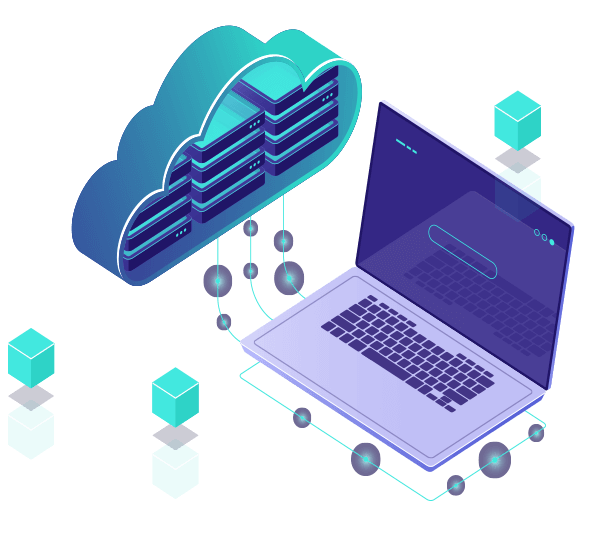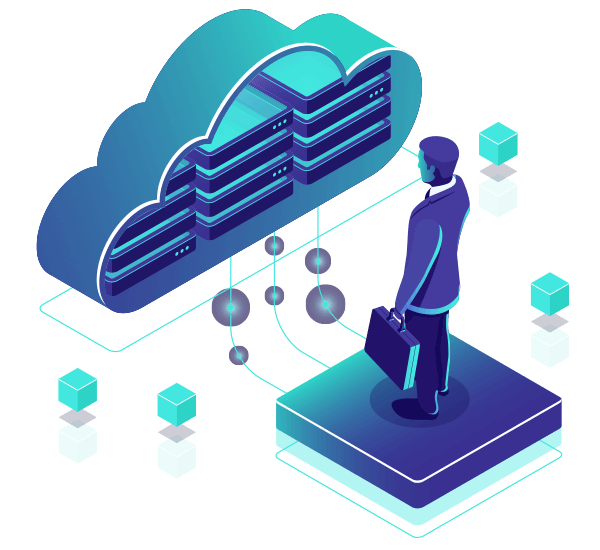
Cloud Computing
We help you reduce your IT-infrastructure overheads with our scalable and top-notch. Public cloud functions on the prime principle of storage demand scalability, which means it requires no hardware device, thereby reducing the IT-infrastructure overhead for our clients. Users have to pay a monthly fee for public cloud service.
Public cloud is popular because of its low initial cost, easy availability, and reliability.Also, public cloud architecture is built with the view to create an accessible business environment that can be shared and accessed from anywhere and at any time of the hour.
Public cloud
Public clouds are owned and operated by a third-party cloud service providers, which deliver their computing resources like servers and storage over the Internet. Microsoft Azure is an example of a public cloud. With a public cloud, all hardware, software and other supporting infrastructure is owned and managed by the cloud provider. You access these services and manage your account using a web browser.

Private cloud
A private cloud refers to cloud computing resources used exclusively by a single business or organisation. A private cloud can be physically located on the company's on-site datacenter. Some companies also pay third-party service providers to host their private cloud. A private cloud is one in which the services and infrastructure are maintained on a private network.

Types of cloud services
Most cloud computing services fall into four broad categories: infrastructure as a service (IaaS), platform as a service (PaaS), serverless and software as a service (SaaS). These are sometimes called the cloud computing stack because they build on top of one another. Knowing what they are and how they are different makes it easier to accomplish your business goals.
IaaS
The most basic category of cloud computing services. With IaaS, you rent IT infrastructure-servers and virtual machines (VMs), storage, networks from a cloud provider.
PaaS
Platform as a service refers to cloud computing services that supply an on-demand environment for developing, testing, delivering and managing software applications.
Serverless computing
The cloud provider handles the setup, capacity planning .Serverless computing are highly scalable and event-driven, only using resources when a specific function or trigger occurs.
SaaS
Software as a service is a method for delivering software applications over the Internet. Users connect to the application over the Internet with a web browser on their phone, tablet or PC.
Hybrid cloud
Hybrid clouds combine public and private clouds, bound together by technology that allows data and applications to be shared between them. By allowing data and applications to move between private and public clouds, a hybrid cloud gives your business greater flexibility, more deployment options and helps optimise your existing infrastructure, security and compliance.
